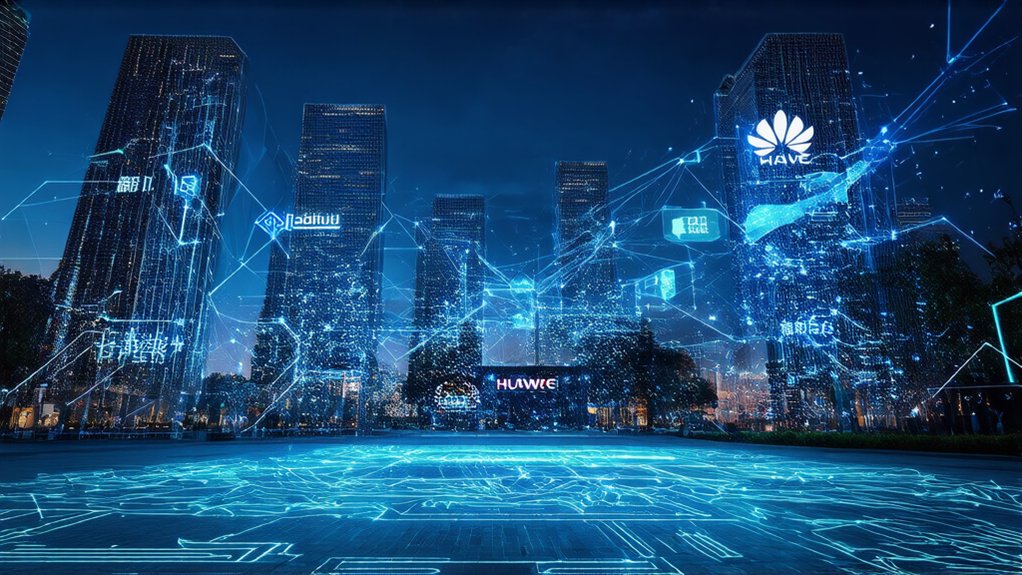Governments worldwide are being jolted into the future by agentic AI systems. These aren’t your grandmother’s automation tools. We’re talking about sophisticated autonomous entities that can perceive, reason, and adapt without constant human babysitting. They’re the ultimate helpers, quietly operating in the background while bureaucrats take credit for the efficiency gains.
The paperwork nightmares that have defined government operations for centuries? They’re disappearing. Fast. Agentic AI handles the mind-numbing data entry and document processing that used to consume entire departments. Human employees—suddenly freed from administrative purgatory—can focus on complex cases and actually thinking. What a concept.
The 21st century bureaucratic revolution: humans think while AI handles the soul-crushing paperwork. Who would’ve thought?
Citizens are noticing changes too. Government services that once required taking a day off work now operate 24/7. Need to file taxes at 3 AM? No problem. Advanced chatbots like VICA and AIBots handle everything from basic questions to complex transactions. Some systems even proactively remind people about renewal dates or regulation changes. The government remembering you exist before they need money? Revolutionary.
Behind the scenes, the impact is even more dramatic. Decision-makers now have access to insights from vast data sets analyzed in seconds rather than months. Policy officers leverage AI-generated reports to make smarter choices about resource allocation, public health initiatives, and urban planning. Effective implementation requires human-in-the-loop oversight to ensure accountability and maintain public trust in these systems. The lack of transparency in these AI systems often creates an accountability gap when harmful outcomes occur.
During crises, these systems predict pandemic surges or optimize supply distribution. Pretty handy when things go sideways.
Singapore’s already testing multi-agent systems that model officers in their GovTech prototypes. Other applications include fraud detection in tax filings and optimizing traffic patterns.
It’s not all smooth sailing though. Security risks abound. What happens when an AI makes a mistake processing benefit claims? And let’s not ignore the elephant in the room—job displacement concerns are real.
The government actually getting efficient? Now that’s something worth watching. Whether we’re ready or not, agentic AI is transforming how government works. Slowly, quietly, but unmistakably.




